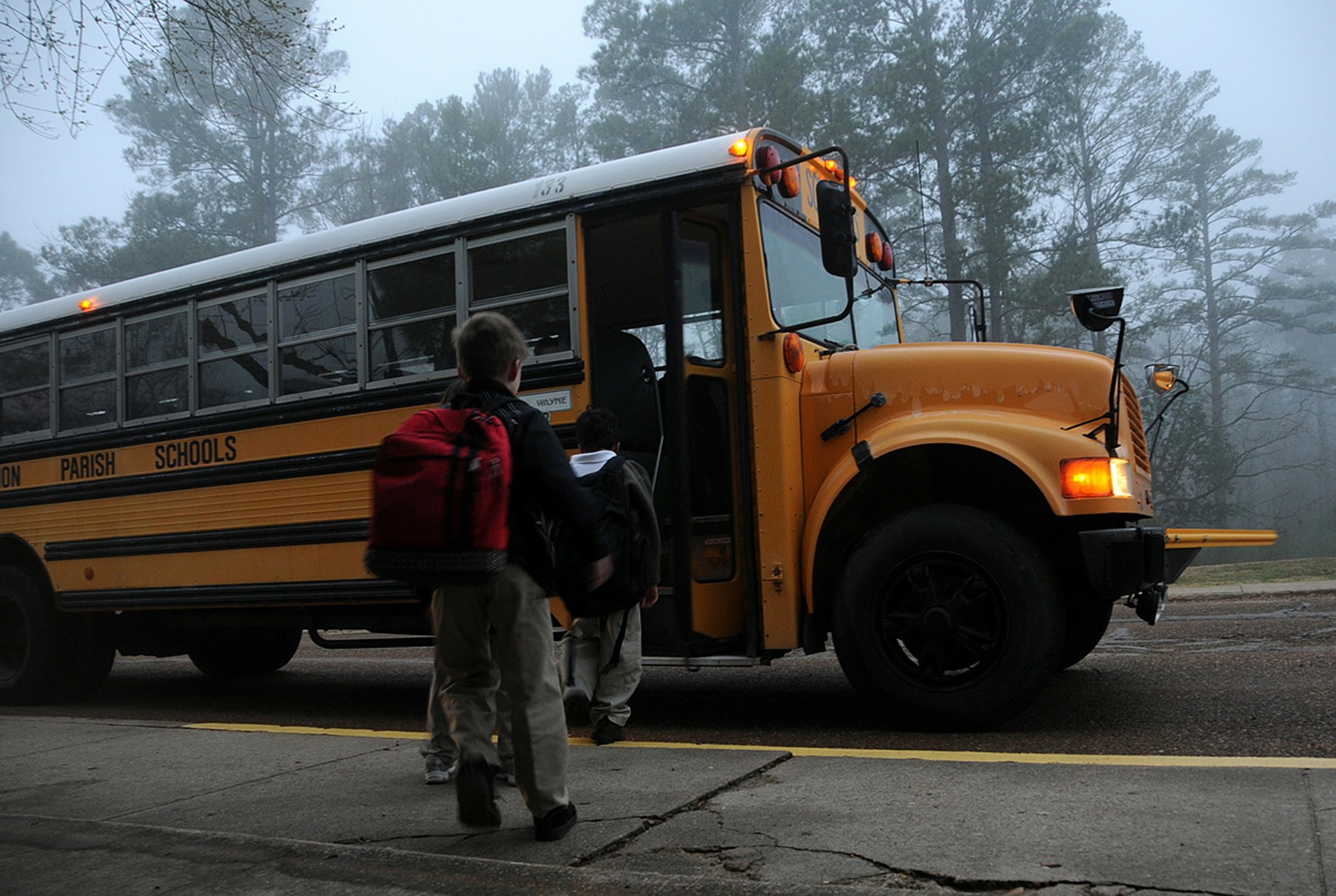Virginia just lowered its already criminally low standards for students in public education. An English teacher from a Fairfax County school told us why he’s concerned about his and all students today. In the name of “equity,” school administrations are degenerating the next generation.
Many Virginia teachers came in this morning to see a new book on their desks. Books are often a source of wisdom, learning, and growth, but not this one. Joe Feldman’s “Grading for Equity” may be a gateway to failure for thousands of already struggling students.
What is the new policy?
The policy can be summed up in two words: lower standards. Schools are lowering standards so that no “disadvantaged” student will ever fail to meet them.
The new “equitable grading scale” removes the 100 point scale and dramatically overhauls grading. Students will now have unlimited attempts to redo assignments for a better grade. Teachers will no longer grade homework. Schools will completely discard extra credit and late assignments will garner no penalties.
Proponents argue that late penalties, extra credit, homework, and the finality of tests significantly advantage affluent students. The answer, they say, is to lower standards.
Feldman claims that this will address stubborn achievement gaps and streamline education. He said that ultimately this will not decrease, but increase educational rigor. In his words:
“The grade is only reflective of content mastery. People mistakenly assume that grading for equity lowers standards or rigor, but it increases them. You can’t get an A jumping through hoops, so it reduces grade inflation, makes it more rigorous. There’s no more of that haggling (‘Can I get extra credit for bringing cupcakes to the end-of-year party?’). There’s no more bartering and bargaining to get points. Students become less consumed with point accumulation. We can now talk about their understanding.”
How does all this work in practice?
Inside Scoop reached out to one of the English teachers at Mountain View High School for comment. Instead of excitement, the anonymous teacher (let’s call him Mr. Smith) expressed grave concern.
One of the first things he told us is that no one would define the word “equitable.” He looked for it in the book, asked administrators, and even other teachers, but no one gave a clear answer. They didn’t even seem to care what it meant.
Smith went on to talk about the impacts on homework. The district already limited homework assignments to a miniscule 10% of a student’s grade but now even that will disappear. Large portions of his students rarely or never do their homework assignments and pass the class without any trouble. What does that teach our students about work ethic?
“Grades can’t go down, they can only go up. It’s like they’re redefining success to include everyone, which seems nice but then the word just means nothing. They’re lowering all standards to remove the possibility of failure.”
Mr. Smith told us that students already only have to do a fraction of the work to pass the class. One of his students attended regularly until the end of September, after which he didn’t attend a single class. “I came across him once or twice outside of class, gave him the work, he did the bare minimum and faced no real consequences.”
What does this mean for these kids’ futures?
Mr. Smith had this to say, “They won’t try as hard as they should, and they develop bad habits of work ethic and discipline. When they still ‘succeed’ that only sets them up for failure in the long run because that’s just not how the real world works.”
The Ugly Truth
Smith told us about how he met with all the teachers in his district and most English teachers only assigned 1-4 essays a year. He told us that 9th and 10th graders are painfully unequipped for any kind of writing. “Most students use one period for a paragraph and don’t even know what a paragraph is or how to formulate a proper sentence.”
He told us that equity standards are probably going to offer some accommodations for people who really need them. The sad truth, however, is that many students who abuse them would have been much better off with a kick in the butt and the pressure to achieve.
Let’s look at the move to take extra credit off the table. What does that tell students? Going above and beyond at work is how you move up, it’s how you add more value to your job and show your worth. Now we’re bar teachers from rewarding students who go above and beyond?
If you lower all standards, you don’t achieve “equity,” if anything you make life harder for those students who are already struggling. Now where will they find the incentive to learn how to work hard? How to organize their day? How to strive for excellence? Who’s going to push them to meet deadlines when there are none in school? The real world has deadlines, the real world measures the quality of your work, and the real world will not just hold your hand and tell you everything’s okay when you fail, and fail, and fail once again.
Topsy Turvy
Children with loving homes, wealthy parents, and plenty of opportunity probably won’t suffer from this at all. Their parents will instill work ethic in them from a young age, teach them the importance of excellence, and mentor them well. They will have opportunities to go above and beyond outside of school and they will likely utilize them well.
It’s ironically the students this policy is aimed at helping who will suffer the most. Students in broken and single parent homes just don’t have the same support. Disadvantaged students may have had a chance to learn valuable life skills if only schools would teach them. Now, we once again leave them lost and alone, aimless and neglected, pining for the refuse, the dregs of a people that has deserted them.
Or, we can instill dignity, demand more, and inspire every young mind to nurture every talent, fuel every good aspiration, and constantly push them to achieve ever grander and higher heights. This option requires standards, measures of success that will find many wanting. It will even brand some with label: “failure” in some areas. But are words the only arbiters of truth? When we see that someone is struggling, or wrong, we have to identify it in order to help them. Should we just let them keep making mistakes and undermining their own success by calling losers winners? It all comes back to one pesky little word: truth. Until our nation is willing to define that word, it will be the vanguard of every single battle we fight.















Chris, what does the recently elected conservative Gov have to say about this and why is that not in your story????
The search for the lowest common denominator.
Indeed.
Another mess for Youngkin to clean up.